Japan faces a persistent problem of abandoned houses known as “akiya”. These empty homes represent a challenge for the country, both economically and socially. Fortunately, an innovative solution called Akiya Bank has emerged as a way to address this housing crisis and revitalize local communities.
Find out how Akiya Bank is solving Japan's housing crisis and revitalizing abandoned homes.
We recommend reading: Houses in Japan - What are they like? Rent or Buy?
Índice de Conteúdo
What is Akiya Bank?
Akiya Bank is a pioneering project that aims to connect empty house owners with people interested in acquiring a new home. Launched in 2008 by the Akiya Recovery Agency, the virtual bank allows people to search and find abandoned houses in different regions of Japan .
This online platform, also available as an app, presents an extensive list of vacant houses, including details on location, size, price and condition of the property.
Akiya Bank's aim is to encourage the purchase and use of these neglected homes, thereby preventing wasted resources and reviving declining communities.
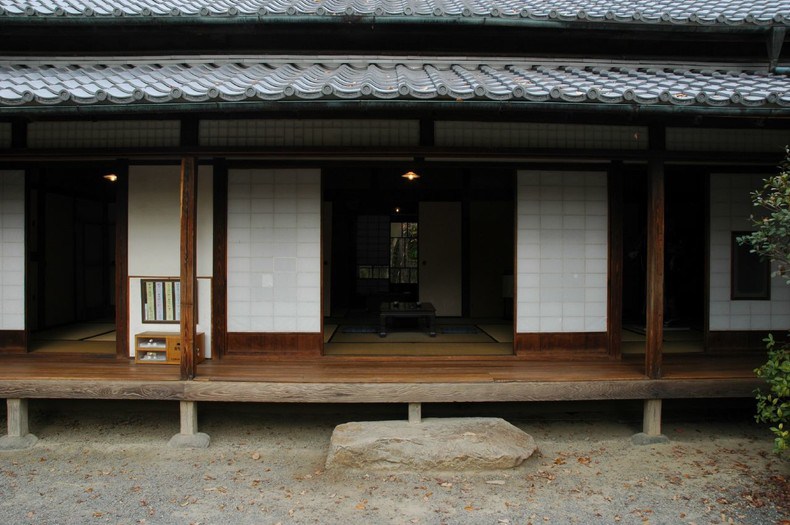
How does Akiya Bank work?
Akiya Bank acts as a bridge between the owners of empty houses and potential buyers or tenants. The platform allows owners to advertise their properties for free, while interested parties can search, filter and find options according to their preferences.
Once a buyer finds a home of interest, Akiya Bank assists with the purchase process by providing information on required documents, financing and legal support .
In addition, the platform also supports the renovation and renovation of purchased homes, connecting buyers with construction companies and architects.
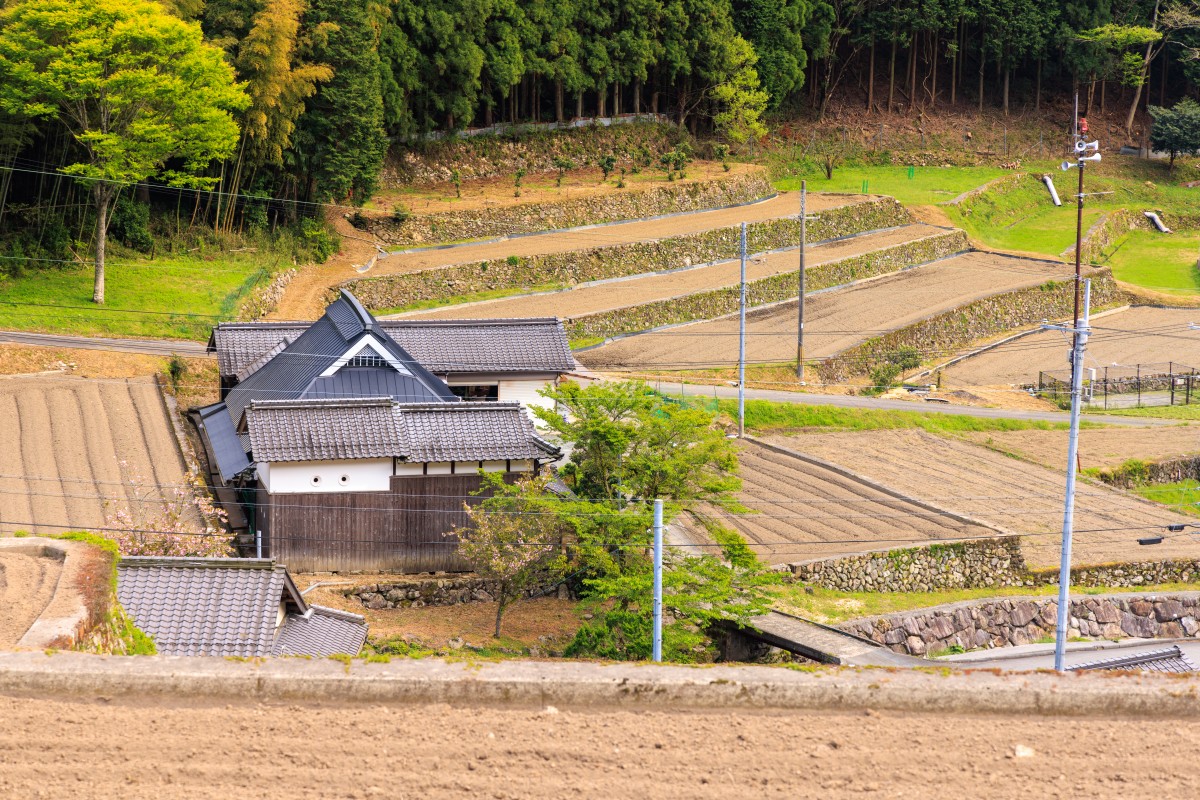
Benefits of Akiya Bank
Akiya Bank brings a number of benefits to both empty house owners and potential buyers:
waste reduction
The project fights wasted resources by reusing abandoned houses instead of building new structures. This contributes to sustainability and prevents environmental degradation.
Stimulus to the local economy
The revitalization of empty houses generates a positive impact on the local economy. The renovations and occupation of these properties create jobs for builders, architects, real estate agents and other professionals related to the sector.
Solution to the housing crisis
Akiya Bank helps solve the housing crisis by providing affordable housing options for people looking for a new home. This is especially beneficial for young couples, people looking for a second home, or foreigners looking to settle down in Japan.
Preservation of local culture and identity
By rehabilitating abandoned houses, Akiya Bank contributes to the preservation of local culture and identity. Many of these houses have significant historical and architectural value, representing a piece of the history of the communities in which they are located. By revitalizing them, these unique characteristics are preserved, enriching the cultural heritage of the region.
Improved quality of life
The occupation of empty houses through Akiya Bank improves the quality of life of people and communities. By bringing new residents into declining areas, it is possible to revive local services such as shops, restaurants and schools that had been affected by the lack of residents. In addition, the presence of residents contributes to the security and vitality of the areas, creating a sense of belonging and community.
Tourism incentive
Many abandoned houses are located in scenic and touristy regions of Japan. When revitalized, these houses can become tourist attractions, attracting visitors interested in knowing and experiencing the local culture. This boosts tourism in these areas, generating additional income for local residents and businesses.
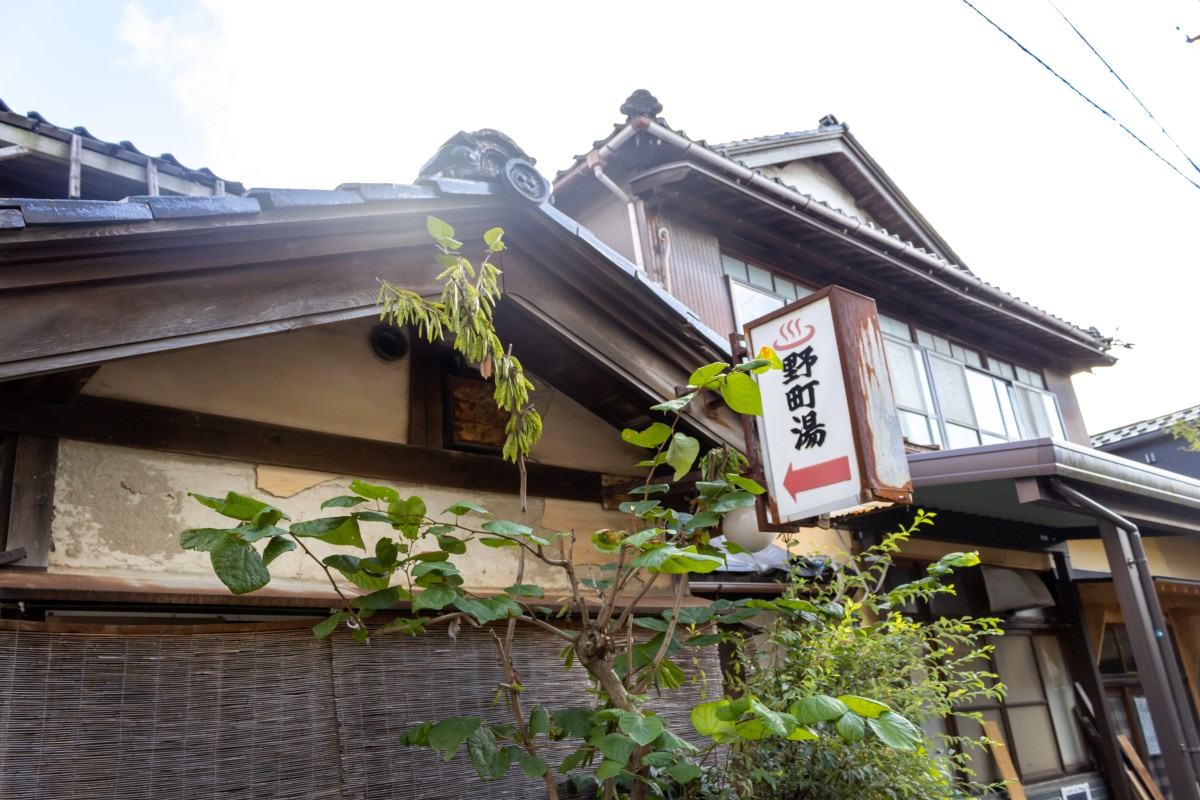
The article is still halfway through, but we recommend also reading:
Akiya Bank grants
Certain prefectures in Japan have implemented subsidies to encourage Akiya Bank membership and facilitate the revitalization of vacant homes. These subsidies are offered as an added incentive to attract buyers and help address the housing crisis. Here are some examples of grants that may be available:
- financial subsidies: Some prefectures provide direct financial grants to support home purchases or renovations through Akiya Bank. These grants can help reduce upfront costs, such as the down payment or mortgage, making the purchase more affordable for buyers.
- Tax-free: Some prefectures offer tax exemptions to owners of vacant houses who make them available through Akiya Bank. These exemptions may include a reduction or exemption from property taxes, real estate transfer tax, or income tax.
- Support for renovations: To encourage the revitalization of vacant homes, municipalities can provide grants to help with renovation and renovation costs. This could include financial assistance for structural repairs, energy efficiency improvements, installation of safety or accessibility equipment.
- Technical assistance: In addition to financial subsidies, some municipalities offer technical assistance to homeowners who want to renovate their empty homes. This may include consulting with architects, engineers or construction specialists to assist in designing renovation projects and ensuring compliance with local regulations.
- Entrepreneurship support programs: Some municipalities offer entrepreneurship support programs for buyers who want to open a business in a renovated home. This can include assistance in obtaining business licenses, support in developing business plans and guidance in accessing finance.
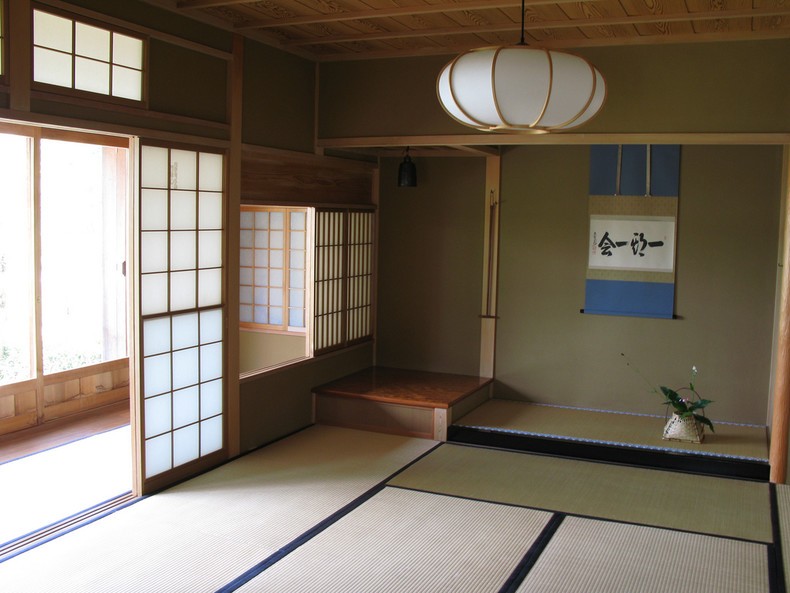
How to Join Akiya Bank?
To join Akiya Bank and start exploring the empty house options available, please follow the steps below:
- Go to the Akiya Bank website: Visit the official website of Akiya Bank, which is an online platform dedicated to connecting vacant homeowners with interested buyers. Make sure you go to the trusted and official website for updated and accurate information.
- Search for available homes: On the Akiya Bank website, browse the list of available empty houses. You can use search filters such as location, size and price to refine your results and find options that suit your preferences and needs.
- Analyze the details of the houses: When you find a house of interest, review the details provided, such as property description, photos, conditions and additional relevant information. Make sure you understand all important information before proceeding.
- Please contact the owner: If you find a house that interests you, contact the owner or the agent responsible for the ad. Generally, the Akiya Bank website provides contact information to facilitate communication.
- Negotiate and finalize the purchase or lease: After contacting the owner, you can start negotiations to acquire the empty house. Discuss terms, conditions and pricing with the landlord or real estate agent. If you reach an agreement, follow the guidelines provided to finalize the purchase or rental of the property.
It is important to note that the exact process of joining Akiya Bank may vary depending on circumstances and the region in which the vacant house is located. In addition, it is recommended to have the support of a real estate specialist or lawyer to assist you in the negotiation and legal issues involved in acquiring the property.
Also be sure to follow local laws and regulations, including those related to real estate transactions, taxes and necessary permits. These measures will help ensure that your experience joining Akiya Bank is safe, transparent and successful.
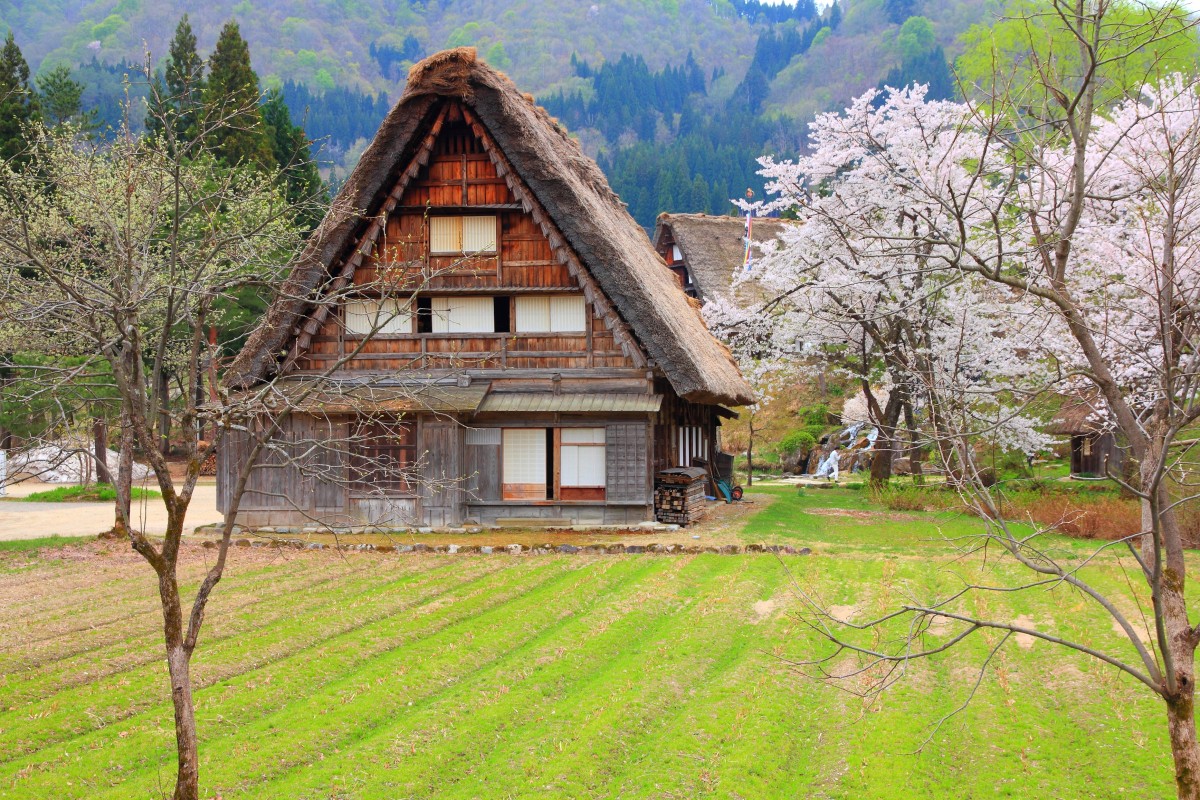
Challenges and future prospects
Although Akiya Bank has brought significant benefits in resolving the housing crisis and revitalizing rural areas in Japan, there are still challenges to be faced. Some homeowners may have difficulty selling their homes due to structural issues, remote location, or lack of funds for renovations. In addition, the demand for vacant houses can vary from region to region, making it necessary to balance supply and demand.
However, the success of Akiya Bank has inspired other similar initiatives around the world, which seek creative solutions to the housing crisis and the waste of abandoned properties. The exchange of knowledge and experiences between these projects can open new opportunities and improve existing practices.
In short, Akiya Bank plays a vital role in revitalizing abandoned homes in Japan, tackling the housing crisis and bringing economic, social and cultural benefits to local communities. By connecting homeowners and interested buyers, this platform is transforming the country's urban and rural landscape, ensuring a sustainable future for empty homes and the people who inhabit them.







